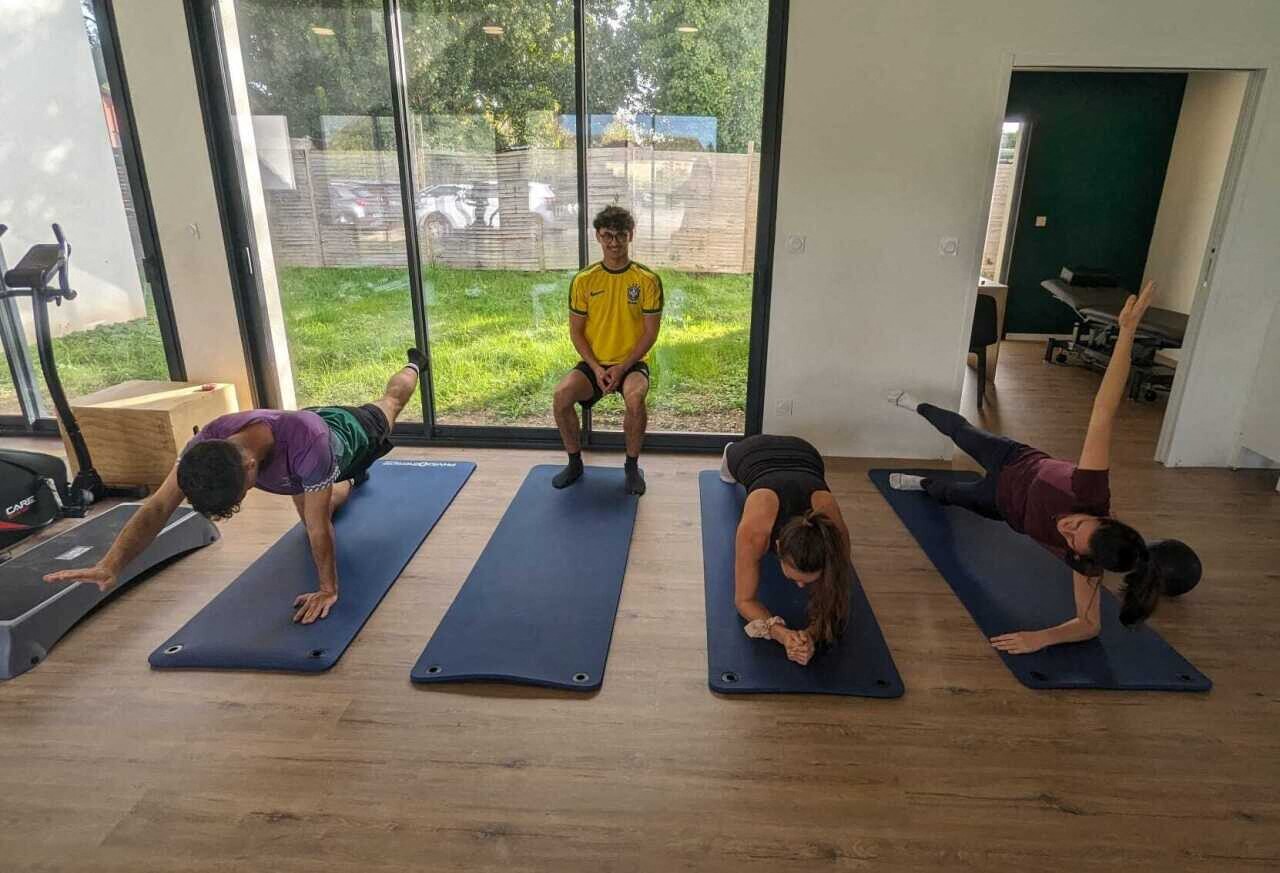Did you know? Our circadian rhythms, these
internal clocks of 24 hours which regulate sleep, metabolism, digestion and hormones, are closely linked to daylight. In winter, the days are shorter and darkness sets in from late afternoon, our metabolism tends to slow down earlier.
Therefore, chrononutrition researchers hypothesize that synchronizing your evening meal with this natural slowdown can offer real benefits for our well-being. In an article published for The ConversationCatherine Norton, Professor of Sport and Nutrition (University of Limerick) explains why it is important to eat dinner earlier in winter to stay healthy.
Dinner earlier in winter: the benefits for the metabolism
Many experts agree that moving dinner time forward in winter can be beneficial. Catherine Norton confirms this: “A study found that healthy adults who ate dinner at 10 p.m. had 20% higher blood sugar spikes and burned 10% less fat than those who ate dinner at 6 p.m. This was despite identical meals and similar bedtimes in both groups.“. The expert details the many benefits you will gain from having dinner earlier:
. Better metabolic alignment. Dinner at a time when the
metabolism is still active helps stabilize blood sugar, use energy more efficiently and optimize fat burning.
. Smoother digestion. Leaving a few hours between the last meal and bedtime allows the digestive system to finish its work before sleep, thus promoting a more restorative night.
. More stable circadian rhythms. Eating at regular times, and a little earlier in the evening in winter, helps to structure daily routines and stabilize mood, especially in winter when light cues are rarer.
The ideal is to finish dinner by 7 p.m. at the latest
During the darker months, it may be helpful to slightly adjust your eating plan. The ideal is to finish dinner by 7 p.m. at the latest, or at least two to three hours before bedtime, to give the body time to complete digestion. During the day, you can also focus on a more substantial breakfast and lunch, times when the metabolism is most active.
The idea is to observe how these adjustments influence your energy, your sleep or your mood for a few days, then adapt according to your feelings. Finally, experts point out that remaining flexible is essential. There is no need to aim for perfection, the important thing is to find a consistent rhythm adapted to your needs.
Source :
The Conversation




